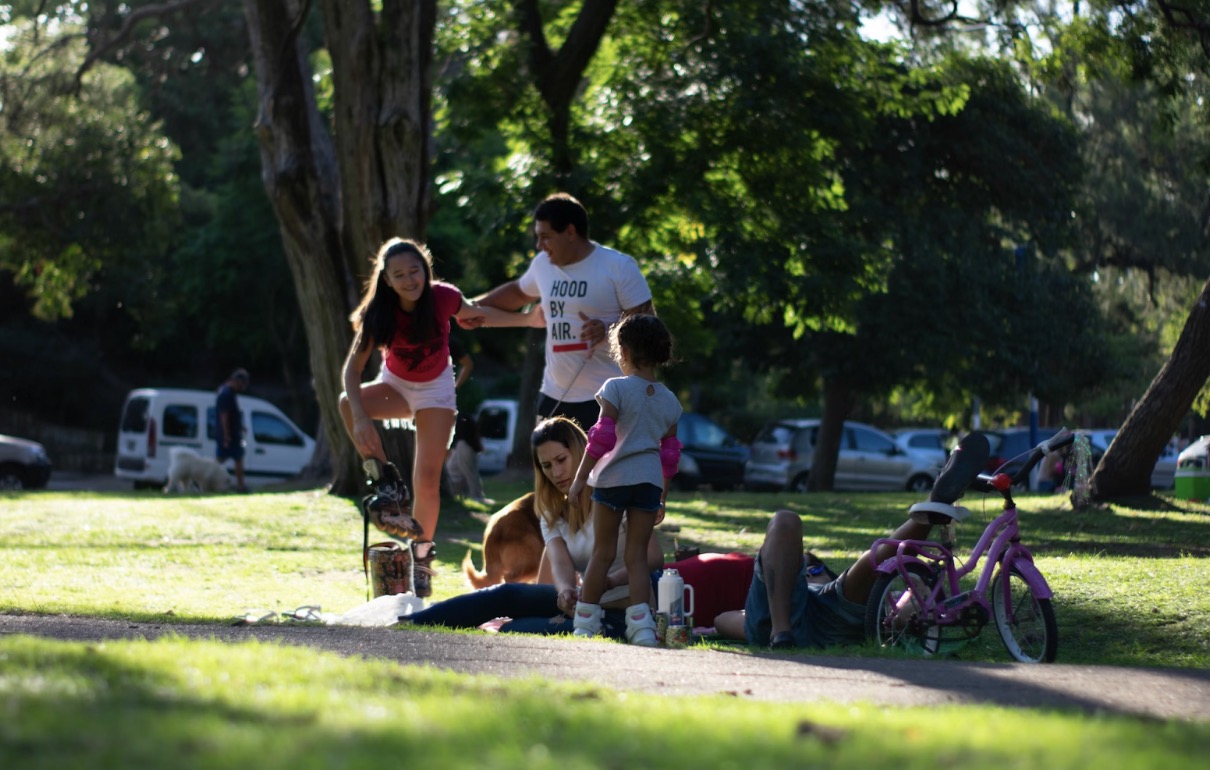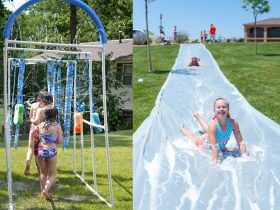Parenthood is a whirlwind of joy, challenges, and responsibilities. From the moment your little one arrives, your life is transformed into a ceaseless juggling act of diaper changes, feedings, and sleepless nights. While the love and fulfillment of parenting are immeasurable, the physical toll it takes on your body, particularly your spine, can be significant.
Reader's Roadmap
Constant Lifting: The Weighty Dilemma
As a parent, you’re constantly lifting and carrying your child. Whether it’s the newborn in their car seat, the toddler on your hip, or the child needing assistance, this repetitive strain can take a toll on your spine. Seeking help from spinemd.com can minimize the impact of lifting on your spine and resolve potential existing damage with the help of surgeons and spine professionals. The constant bending and lifting can lead to poor posture, muscle imbalances, and, over time, chronic back pain. To mitigate this, focus on proper lifting techniques – bend your knees, not your back, and use your leg muscles to bear the weight.
Sleep Deprivation and Spinal Health
Parenting often comes hand in hand with sleepless nights. Lack of sleep not only leaves you feeling exhausted but can also affect your spine health. When you’re tired, your body tends to slouch and adopt poor posture, which places extra strain on your back. To counter this, prioritize sleep whenever you can. Establish a bedtime routine for your child that allows you to get adequate rest, and invest in a comfortable mattress and pillows that support your spine.
Stress and the Spine Connection
Parenting can be stressful, and stress can have a profound impact on your spine health. When you’re stressed, your muscles tense up, especially in the neck and shoulders, leading to discomfort and pain. Practicing stress management techniques, such as deep breathing exercises, mindfulness, or yoga, can help alleviate tension and promote better spine health.
Sedentary Lifestyle vs. Active Parenting
The demands of parenting often confine you to a sedentary lifestyle. From breastfeeding to spending hours comforting a fussy baby, you may find yourself sitting or lying down for extended periods. This lack of physical activity can weaken your back muscles, leading to back pain and stiffness. Counteract this by incorporating short bursts of activity into your day. Take breaks to stretch, do gentle exercises, or even involve your child in playtime that involves movement.
Diet and Nutrition’s Role in Spine Health
Your diet plays a more significant role in your spine health than you might think. As a busy parent, it’s easy to prioritize convenience over nutrition, opting for quick and often processed meals. However, a diet lacking in essential nutrients like calcium, vitamin D, and magnesium can weaken your bones and contribute to spine-related issues. Make a conscious effort to include foods rich in these nutrients in your diet. Leafy greens, dairy products, and lean proteins are excellent choices. Additionally, maintaining a healthy weight through a balanced diet can help reduce the strain on your spine, as excess weight can exacerbate back pain.
Postpartum Care and Rehabilitation
Pregnancy and childbirth can exert tremendous stress on your body, especially on the lower back and pelvis. Many new parents neglect their postpartum recovery, assuming that once the baby arrives, everything should return to normal. However, it’s crucial to prioritize postpartum care and rehabilitation exercises to rebuild core strength and stability. Consult with a healthcare provider or physical therapist to create a personalized postpartum fitness plan. These exercises can help alleviate any lingering discomfort and prevent long-term spine issues.
Ergonomic Parenting Gear
The gear you use as a parent, from strollers to baby carriers, can significantly impact your spine health. Ill-fitting or poorly designed equipment can strain your back and neck, leading to discomfort and pain. Invest in ergonomic parenting gear that provides adequate support and promotes good posture. Look for strollers with adjustable handles, baby carriers that distribute weight evenly, and ergonomic feeding pillows to reduce the strain on your back and neck during breastfeeding sessions.

Constant lifting, sleep deprivation, stress, and a sedentary lifestyle can all contribute to back problems. However, by being mindful of your posture, incorporating physical activity into your routine, prioritizing nutrition, seeking postpartum care, and using ergonomic parenting gear, you can mitigate these issues and ensure your spine remains healthy. Remember that taking care of your well-being is not only essential for your comfort but also for your ability to be the best parent you can be for your child. Prioritizing spine health will enable you to enjoy the journey of parenthood with vitality and enthusiasm.






Leave a Reply
View Comments